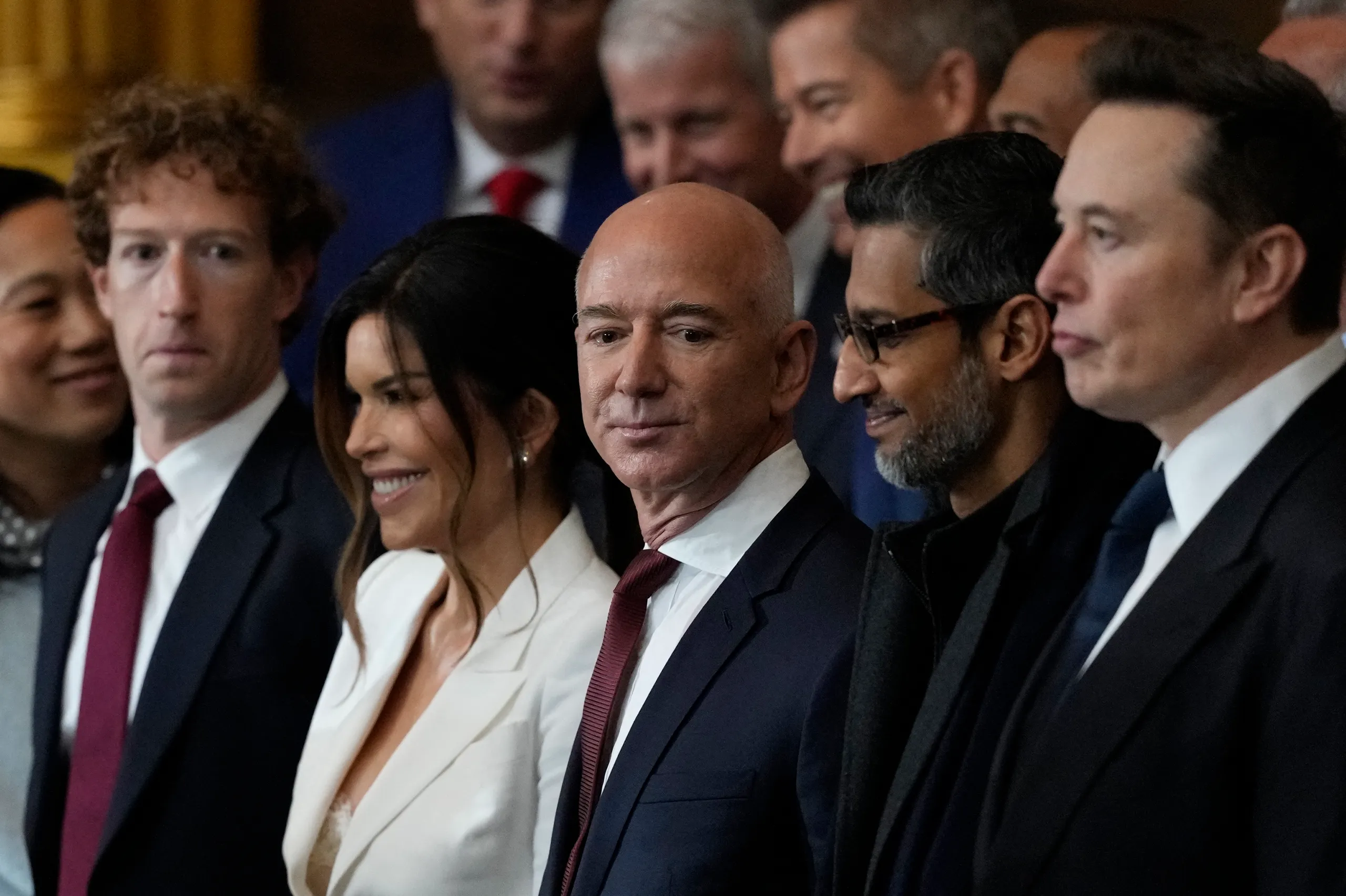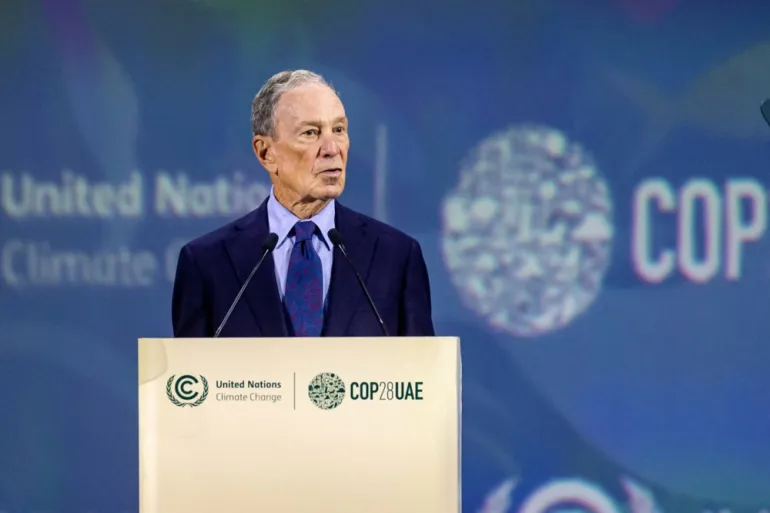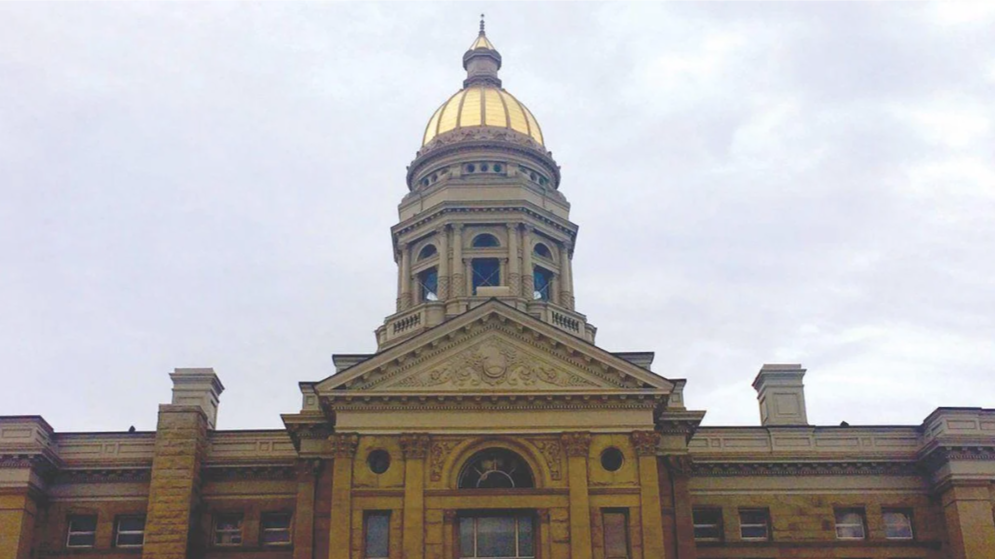A Close Election: An Interview with Political Expert Richard Bensel
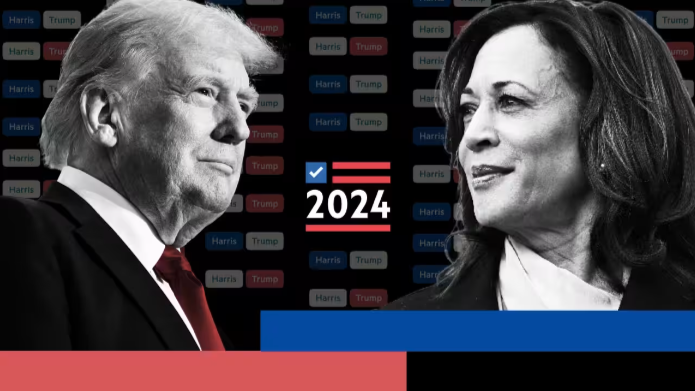
With Election Day less than three weeks away, the pressure is building not only between contenders Donald Trump and Kamala Harris, but also across the globe. As the outcome of the presidential race is poised to shape the near future for the United States and the world, Wyoming Star sat down with Dr. Richard F. Bensel, Gary S. Davis Professor of Government at Cornell University, to discuss some of the most pressing matters at hand.
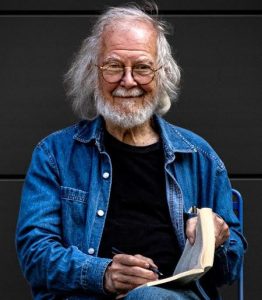
Wyoming Star: The topic of foreign political interference has resurfaced several times during the 2024 election cycle, with countries like China, Russia, and Iran being accused of leading misinformation campaigns and cyber attacks. What are the on-hand results and the implications of this interference?
Dr. Bensel:
One of the interesting aspects of covert election interference by foreign governments is that they usually seem to be far less competent in the deployment of misinformation than agents of one or the other of the two major American parties. From that perspective, the impact of their interference does not not appear to be very significant.
Both the Russians and the Chinese have much more able cyber capabilities.
The question there is how they might use those capabilities.
Wyoming Star: Let’s talk about the vice presidential debate that happened on October 1. The one and only VP debate of this election cycle. What were the expectations from this debate, and who do you think delivered best?
Dr. Bensel: Most debates are won or lost on style and personality with policy positions only of secondary importance. J.D. Vance won the vice presidential debate by coming across as a fairly likable, even-mannered, and articulate person. Walz was comparatively nervous, hesitant, and rather defensive.
If we were judge their performances on policy grounds, however, Walz won the debate with his last question to J.D. Vance regarding how the latter interpreted the outcome of the 2020 election.
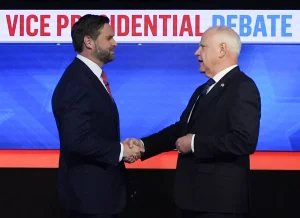
Wyoming Star: It is hard not to mention that as the election drew nearer, both parties seemed to adjust their stances on a number of issues, the most notable being border security, the energy sector, and public health. Is it a strategy to sway undecided voters, and which party is more successful in your opinion?
Dr. Bensel: One of the most common generalizations in the academic study of American elections is that successful candidates should play to the middle of the ideological distribution of their party in a primary and then move to the middle of the ideological distribution in the full electorate in the general election. That means that the Democratic candidate should move to the right after a primary and the Republican candidate should move to the left.
Kamala Harris appears to have studied that handbook and has attempted to moderate her positions.
Donald Trump has certainly changed some of his positions but the pattern in his case appears more haphazard, even random.
I would not characterize his pattern as normal in that sense.
Wyoming Star: As an expert in political economy, can you assess which candidate is better for the economy and why?
Dr. Bensel: One of the most important principles in any president’s economic policies is very similar to that of a physician:
first of all, do no harm.
A necessary condition in following that principle is that a president’s policies be consistent and more or less predictable so that economic actors can “plan“ their own decisions. Donald Trump is a poor candidate from that perspective while Kamala Harris, albeit with shorter track record, would be a better choice.
Wyoming Star: Do you see any potential change in US foreign policy depending on who wins the election?
Dr. Bensel: The major difference between the candidates in terms of foreign policy is that Donald Trump is a declared isolationist who would withdraw the United States from many of the international forums, treaties, and alliances in which nations negotiate their disagreements and choose to cooperate with one another. Kamala Harris, on the other hand, is more of an internationalist although she seems to have trimmed some of the sail under which most Democratic presidents have navigated international relations.
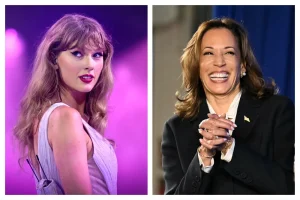
Wyoming Star: As of October 16, the polls from Electoral Ventures LLC and the New York Times show Kamala Harris having a slight edge over Donald Trump. With less than three weeks before the election, can you give us your prediction on who is more likely to win?
Dr. Bensel: I am not shy about making predictions because I believe that the practice sharpens my analytical skills. For example, I predicted that Taylor Swift would endorse Kamala Harris. That was not a hard call to make. But I also, albeit privately with friends, said that she would make the endorsement in September which would allow enough time for her young followers to register to vote but, at the same time, limit the abuse she would have to endure from Trump and his supporters.
With respect to the election, I think Harris will win but like everyone else I think the election will be very close.
As the 2024 election draws near, the outcome remains uncertain, but one thing is clear—voters are deeply engaged in one of the most consequential elections in recent history.


